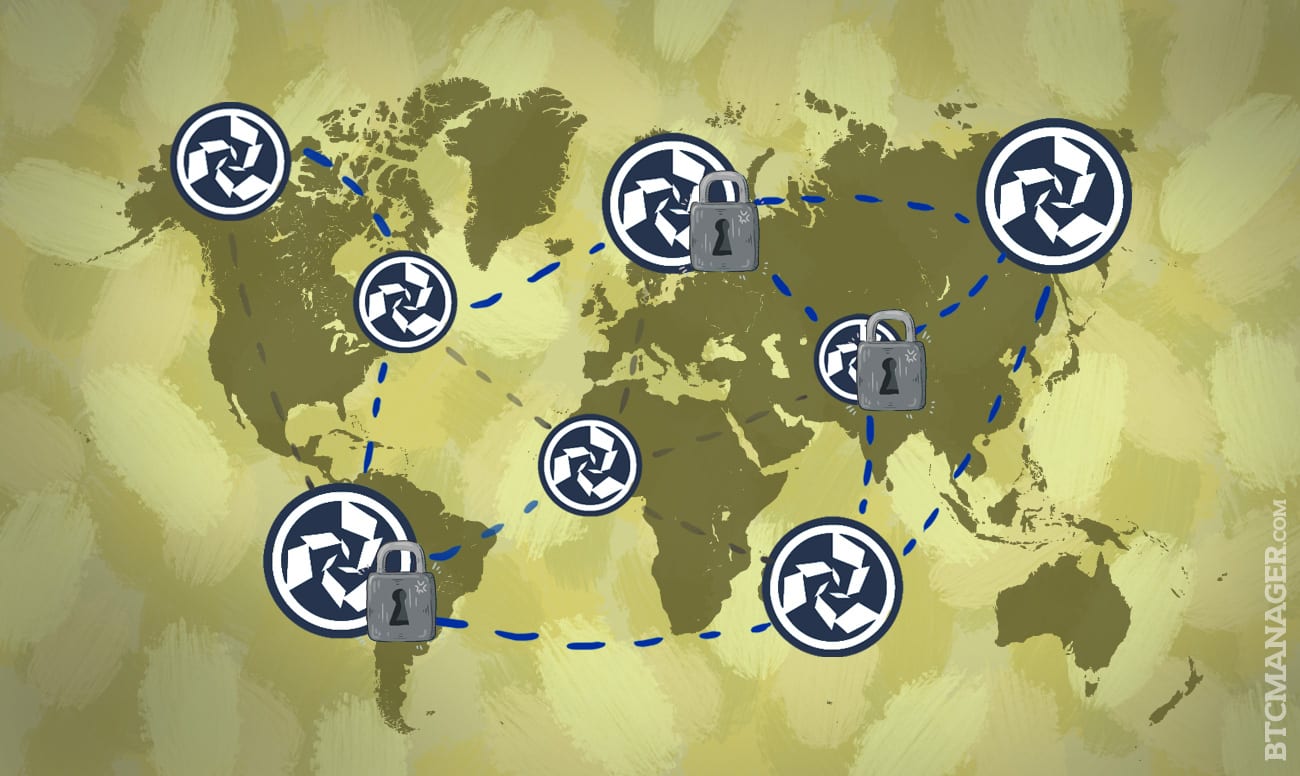Mijin Blockchains Aim to Reduce Costs by 1000%

With banks becoming more and more receptive to blockchain technology, financial institutions are looking for ways to stay relevant in a fast-paced industry. To address this issue, Tech Bureau (CEO: Takao Asayama) has announced the launch of Mijin, a low-cost solution for creating permissioned blockchains. Mijin is intended to allow individual corporations to benefit from zero downtime as well as improved security and performance.
The blockchain, an integral part of what makes cryptocurrency so disruptive. For the first time in history, the responsibility of maintaining a ledger is not assigned to a small group or entity, but rather a public ledger that is maintained by all nodes in the network. Those same nodes also serve a double purpose, relaying new and confirmed transactions to anyone who is storing their own copy of the ledger.
This approach brings several advantages when compared to a single individual or company maintain a record of transactions. One of the biggest differences is the amount of transparency that comes with a public ledger. With a blockchain explorer, everyone has the ability to watch all transactions being sent and received in real-time.
While this is useful for something as broad as Bitcoin, with many users and services relying on the blockchain, the advantages are less profound when it comes to internal blockchains for individual companies or between partners.
This is where permissioned blockchains come in: Permissioned blockchains differ in that they retain all of the benefits of a public blockchain, like extremely cheap and quick transactions, but only a select few, the “permissioned.” if you will, are allowed to validate transactions. This effectively gives banks the ability to operate at increased speeds and reduced costs, but at the cost of less transparency and more points of failure.
“A key difference compared to Bitcoin is that Mijin will allow private blockchains. This is profoundly interesting because of the potential to completely change financial, logistics, and governance systems,” the company stated in a press release.
Mijin is so confident in their blockchains, in fact; they have a goal of reducing financial institutions costs by up to 1000% by as soon as 2018. Usage of Mijin is not exclusive to financial institutions like banks. However, traditional databases that make the backbone of point reward systems, online games, and even government systems can benefit from implementing a permissioned blockchain.
Mijin will start by using geographically distributed nodes to ensure maximum uptime, at an initial capacity of up to 25/tx sec. Mijin plans to improve this by 400% by the end of 2016 or reach a throughput of 100/tx sec. However within a private network, Mijin will be capable of handling loads of several thousand transactions per second, rivaling that of major credit card processors at a fraction of the infrastructure costs.
Also in 2016 are plans to begin the execution of smart contracts across Mijin blockchains, as well as an open source version of the project in the spring.













